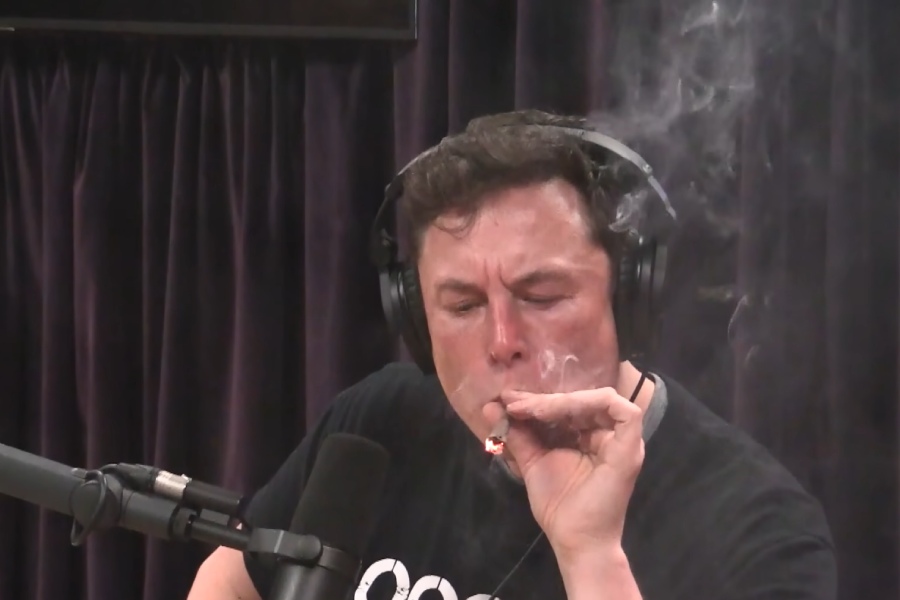X, the social media platform formerly known as Twitter, haemorrhaged staff safety from its global trust and safety team and reinstated more than 6,100 Australian accounts since Elon Musk’s (pictured) takeover.
The news follows the company submitting detailed information on its travails over the last year to Australia’s eSafety Commissioner. It had only previously given estimates on the reduction in its safety team’s staffing.
X Corp. — the parent company of X — said its global trust and safety staff had been reduced by a third, including an 80 per cent reduction in the number of safety engineers, since the company was acquired in October 2022.
The company also said the number of moderators it directly employs on the platform had been reduced by more than half, while the number of global public policy staff had also been reduced by almost 80 per cent.
Public policy staff were reduced by 78 per cent globally, 73 per cent in APAC and eliminated entirely in Australia.
X Corp. also said it had reinstated more than 6,100 previously banned Australian accounts since the October 2022 acquisition, 194 of which were previously suspended by the platform for hateful conduct violations.
The eSafety Commissioner also said that X did not place any of these accounts under additional scrutiny following their reinstatement, despite their previous violations.
“It’s almost inevitable that any social media platform will become more toxic and less safe for users if you combine significant reductions to safety and local public policy personnel with thousands of account reinstatements of previously banned users,” said eSafety Commissioner Julie Inman Grant.
“You’re really creating a bit of a perfect storm,” she added. “A number of these reinstated users were previously banned for online hate. If you let the worst offenders back on while at the same time significantly reducing trust and safety personnel whose job it is to protect users from harm, there are clear concerns about the implications for the safety of users.
“We also see from X Corp.’s responses to our questions that the reduction in safety staff coincided with slower response times when users reported online hate to the platform. Response times to hateful tweets have slowed by 20 per cent since the acquisition and response times to hateful direct messages have slowed by 75 per cent, with users not receiving a response for up to 28 hours.
“We know from that online abuse is frequently targeted at victims via services’ direct message features, with clear intent to cause harm.
“Loss of local staff in Australia also limits the potential for engaging local communities disproportionately impacted by online hate. A recent eSafety study found that First Nations youth are three times more likely to experience hate speech online than their non-indigenous counterparts.”
The eSafety Commissioner also found remarkably damning evidence of X rolling back previously implemented safety controls.
Since the acquisition there had been a 20 per cent slowing in the median time to respond to user reports about Tweets and a 75 per cent per cent slowing in the median time to respond to direct messages.
As of May last year, the company had not conducted any tests on the platform’s recommender systems to reduce the risk of hateful conduct being amplified. However, X Corp. did state that no individual accounts are artificially amplified and that this applies to its Twitter Blue paid-for verification service.
It also found that, as of May 2023, automated tools specifically designed to detect volumetric attacks or “pile-ons” in breach of Twitter’s targeted harassment policy were not used on Twitter.
Over the same period, URLs linking to websites dedicated to harmful content are not blocked on Twitter.
These findings would only seem to make X a less enticing place to advertise moving forward. It is well-known within the industry that ads being placed alongside hateful or damaging content perform significantly worse and have far-reaching implications on consumers’ perceptions of brands.
With X’s traditionally advertising-based revenue down significantly since Musk’s takeover, it seems as though there may not be any coming back — at least as far as ad dollars are concerned.








